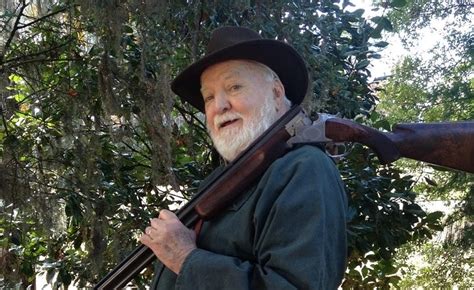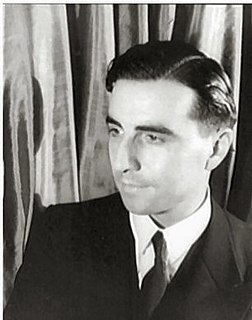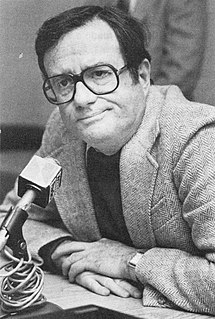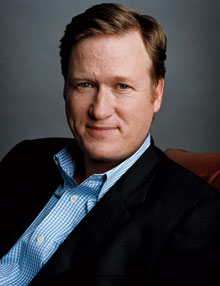A Quote by W. E. B. Griffin
An author's characters do what he wants them to do.
Quote Topics
Related Quotes
There is no obligation for the author of a film to believe in, or to sympathise with, the moral behaviour of his characters. Nor is he necessarily to be accredited with the same opinions as his characters. Nor is it necessary or obligatory for him to believe in the tenet of his construction - all of which is a disclaimer to the notion that the author of Drowning by Numbers believes that all men are weak, enfeebled, loutish, boorish and generally inadequate and incompetent as partners for women. But it's a thought.
But to be perfectly frank, this childish idea that the author of a novel has some special insight into the characters in the novel ... it's ridiculous. That novel was composed of scratches on a page, dear. The characters inhabiting it have no life outside of those scratches. What happened to them? They all ceased to exist the moment the novel ended.






































